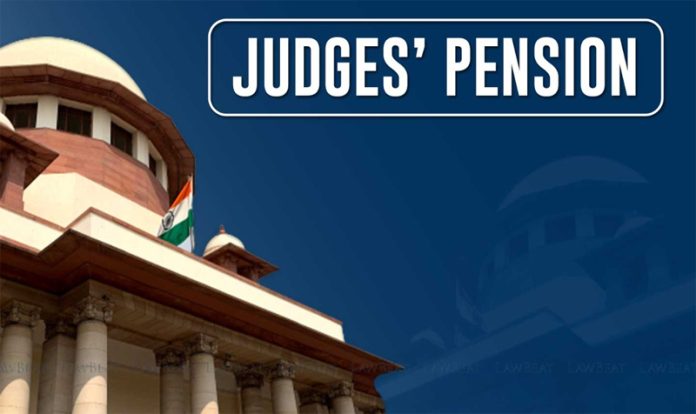The Supreme Court’s sharp reprimand over the paltry pensions doled out to District Judges is a damning indictment of a system that has consistently undervalued the backbone of our judiciary, which presides over the first and often only access to justice for millions of Indians. Their decisions shape lives, communities, and, at times, even the course of history. Yet, when their years of dedicated service conclude, they are met with a pension so meagre that it is an insult to their contribution. The bench’s reference to a cancer-stricken judge living on a pittance of Rs. 15,000 is heartbreaking. It is a stark reminder that behind the robes and the gavels are human beings with families, responsibilities, and vulnerabilities. To deny them a dignified retirement is not just a moral failing but a systemic one. The Supreme Court’s intervention is crucial. It is a wake-up call to a government that has often prioritised other expenditures over the welfare of its public servants. The bench’s insistence on a holistic solution is commendable. It recognises that the problem extends beyond mere monetary compensation. It is about respect, dignity, and ensuring that those who have dedicated their lives to upholding the law are not left to fend for themselves in their twilight years.
The Government must now act decisively. The Second National Judicial Pay Commission’s recommendations, long overdue for implementation, should be treated as a roadmap to rectify this injustice. It is not just about financial remuneration; it is about restoring faith in a system that has often been perceived as indifferent to its own needs. This issue is not confined to District Judges alone. It mirrors the larger problem of inadequate pensions for many public servants across the board. The Supreme Court has drawn a clear line in the sand. It is now up to the government to demonstrate its commitment to the judiciary and its officers. It is time for justice for the judges who have provided justice to people for years together.
Trending Now
E-Paper


